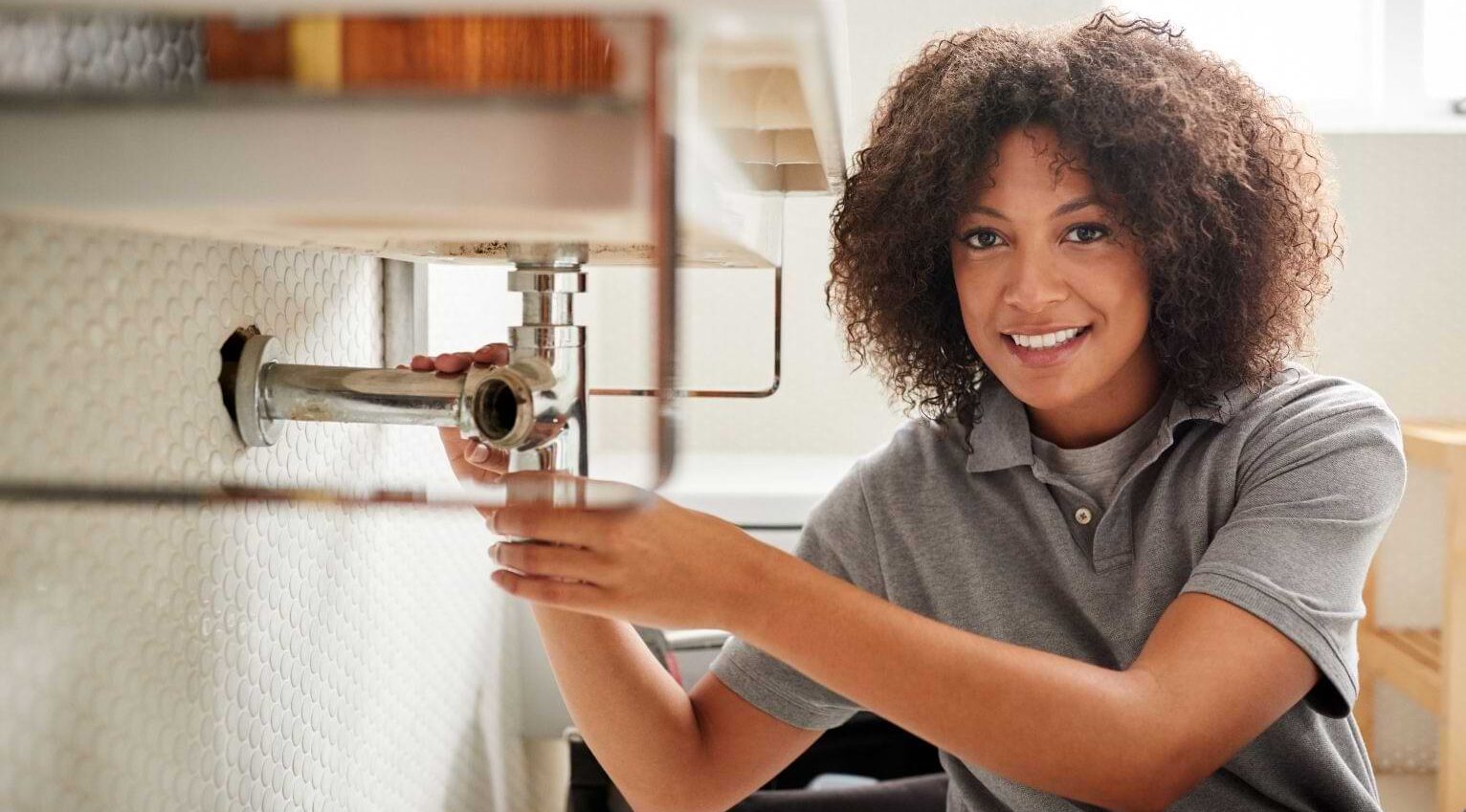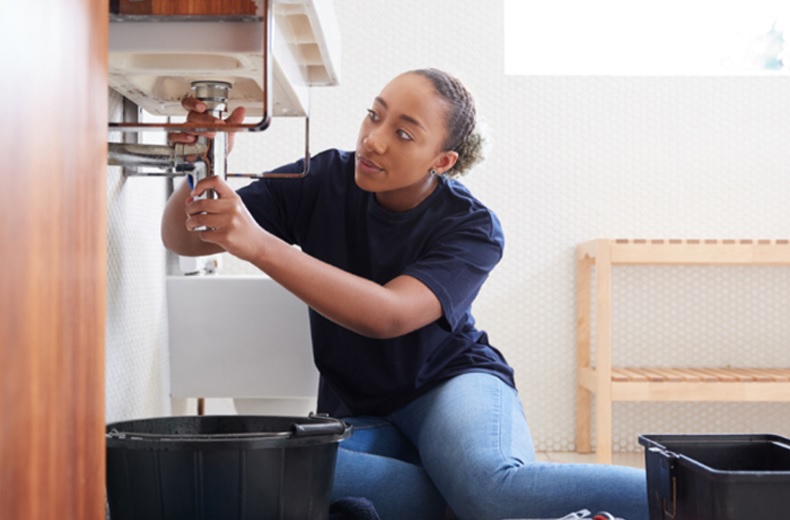Complete Plumbing Alabaster AL Solutions for Your Home
Complete Plumbing Alabaster AL Solutions for Your Home
Blog Article
Comprehending Hot Water Heater Installment: Trick Considerations for Safe and Reliable Setup
Water heater setup is an intricate task that requires focus to different critical factors to make certain both safety and security and effectiveness. Selecting the proper heater kind based upon usage and capacity demands is simply the beginning. Local guidelines and building regulations need to be browsed to avoid possible lawful mistakes. Proper ventilation systems are necessary to safely remove unsafe gases, underscoring the need for professional installment. Moreover, implementing durable precaution and normal maintenance can dramatically lower dangers. Comprehending these considerations is essential, however how can property owners efficiently integrate these components right into a seamless installment process?
Selecting the Right Heating System
Exactly how do you ensure that the water heating unit you choose meets your particular demands? Choosing the right water heating system requires a complete understanding of your home's warm water needs, energy efficiency choices, and financial constraints. Begin by analyzing your daily warm water usage. Consider the variety of house participants and synchronised warm water tasks such as showers, dishwashing, and washing. This analysis will certainly aid identify the perfect capacity, whether it's a storage-type or tankless system.
Energy performance is an additional critical variable. Choose models with greater energy elements (EF) to decrease long-lasting operational costs. Tankless heating units provide on-demand heating, which can be a lot more efficient for homes with reduced synchronised hot water requirements. Conversely, conventional storage heating units could be better for larger households with high peak needs.
Furthermore, evaluate the fuel source alternatives-- electric, gas, solar, or hybrid. Plumber Alabaster AL. Each has unique functional costs and installation needs. Gas heating units commonly have quicker recuperation prices and lower operating prices than electric ones, yet may need airing vent systems.
Last but not least, take into consideration the upfront prices and possible refunds or incentives readily available for energy-efficient models. By aligning these elements with your certain requirements, you ensure a hot water heater choice that stabilizes performance, expense, and efficiency.
Recognizing Local Rules
Browsing neighborhood guidelines is a crucial action in the process of water heating unit setup. Ensuring compliance with building regulations and statutes is not just a legal commitment however also a determinant of the safety and effectiveness of the installation. Local regulations can vary substantially depending upon the region, including aspects such as installation approaches, sorts of permissible hot water heater, and specific safety demands.
Experts have to familiarize themselves with both nationwide standards and regional modifications. In the USA, the Uniform Plumbing Code (UPC) and the International Plumbing Code (IPC) offer fundamental standards, yet neighborhood authorities may impose additional standards. These can consist of specs on energy efficiency, seismic strapping, and temperature and pressure safety valve installation.

Guaranteeing Correct Air Flow
Proper ventilation is a foundation of a effective and risk-free water heating system installation. It guarantees that harmful burning gases, such as carbon monoxide, are properly gotten rid of from the home, stopping harmful accumulations that can result in health dangers or perhaps casualties. The type of air flow system needed depends upon the water heating unit version and fuel type, with alternatives consisting of straight air vent, power air vent, and climatic vent systems.
Direct air vent systems draw air from outside and remove exhaust directly outdoors, making them suitable for homes where indoor air quality is a concern. Power air vent systems make use of a fan or blower to move exhaust gases, enabling for even more flexible setup options since the vent can travel a much longer range. Climatic air vent systems depend on view website natural convection to eliminate gases and are typically utilized with standard gas hot water heater.
Adhering to find here supplier specifications and local building ordinance is essential for making certain appropriate air flow. Installers have to think about aspects such as vent pipe dimension, discontinuation, and product indicate make certain optimum efficiency. Normal inspection and upkeep of the air flow system are also necessary to spot any clogs or leakages, securing the home's residents.
Prioritizing Precaution
While proper ventilation is a vital part of hot water heater installment, focusing on safety measures is similarly crucial to make sure the health of residents and the durability of the home appliance. Safety begins with selecting an appropriate area, away from combustible products and making sure adequate clearance from bordering structures. The setup room ought to adhere to regional building codes and maker standards, resolving both availability and safety concerns.
Along with location, making use of certified experts for setup guarantees adherence to safety criteria and legal requirements. Certified technicians bring experience in dealing with gas and electric links, decreasing dangers of leakages or defective wiring. Utilizing appropriate devices and equipment throughout installation also diminishes the likelihood of malfunctions or accidents.
Moreover, incorporating safety and security gadgets such as a temperature and stress safety valve is crucial. This valve protects against too much pressure accumulation, decreasing the risk of potential explosion. Correct grounding of the water heating unit is vital to avoid electrical dangers, especially in devices using electric power.

Testing and Maintenance Procedures
Regular screening and upkeep of a water heating unit are necessary to guarantee its effective operation and durability. Regular checks aid identify potential problems prior to they intensify, protecting against expensive repairs and prolonging the home appliance's lifespan. Key procedures include examining the anode pole, which protects the container from navigate to this site deterioration. Substitute is essential to preserve the integrity of the tank if the pole is significantly corroded. Additionally, it is crucial to purge the tank every year to remove debris accumulation, which can hinder heating performance and trigger damages in time.
Testing the temperature and stress alleviation (TPR) valve is one more important step. This security gadget must operate properly to protect against extreme pressure accumulation within the tank. To check, carefully raise the shutoff lever and make sure water discharges easily; change the valve if it reveals signs of malfunction. Examining the pilot light and heater setting up for gas heaters makes certain optimal performance and safety and security, addressing any kind of abnormalities immediately.
For electrical water heaters, analyzing electric connections for indications of wear or damages is essential. Specialist maintenance services are recommended each year to perform a thorough evaluation, making certain all components function optimally and stick to safety criteria.
Conclusion
A comprehensive understanding of water heating unit installment is essential for accomplishing a efficient and safe and secure system. Choosing an ideal heater based on capacity and energy efficiency, while adhering to neighborhood guidelines, develops the structure of a successful setup.
Water heating system installation is an intricate job that requires attention to different crucial aspects to ensure both safety and effectiveness. Picking the appropriate water heater calls for a detailed understanding of your home's hot water demands, energy performance choices, and monetary constraints. Neighborhood regulations can differ dramatically depending on the area, including facets such as installment methods, types of acceptable water heating systems, and certain safety needs.
While correct ventilation is an essential component of water heating system installation, focusing on safety and security steps is similarly crucial to make sure the wellness of residents and the longevity of the home appliance.A thorough understanding of water heater setup is critical for accomplishing a safe and efficient system.
Report this page